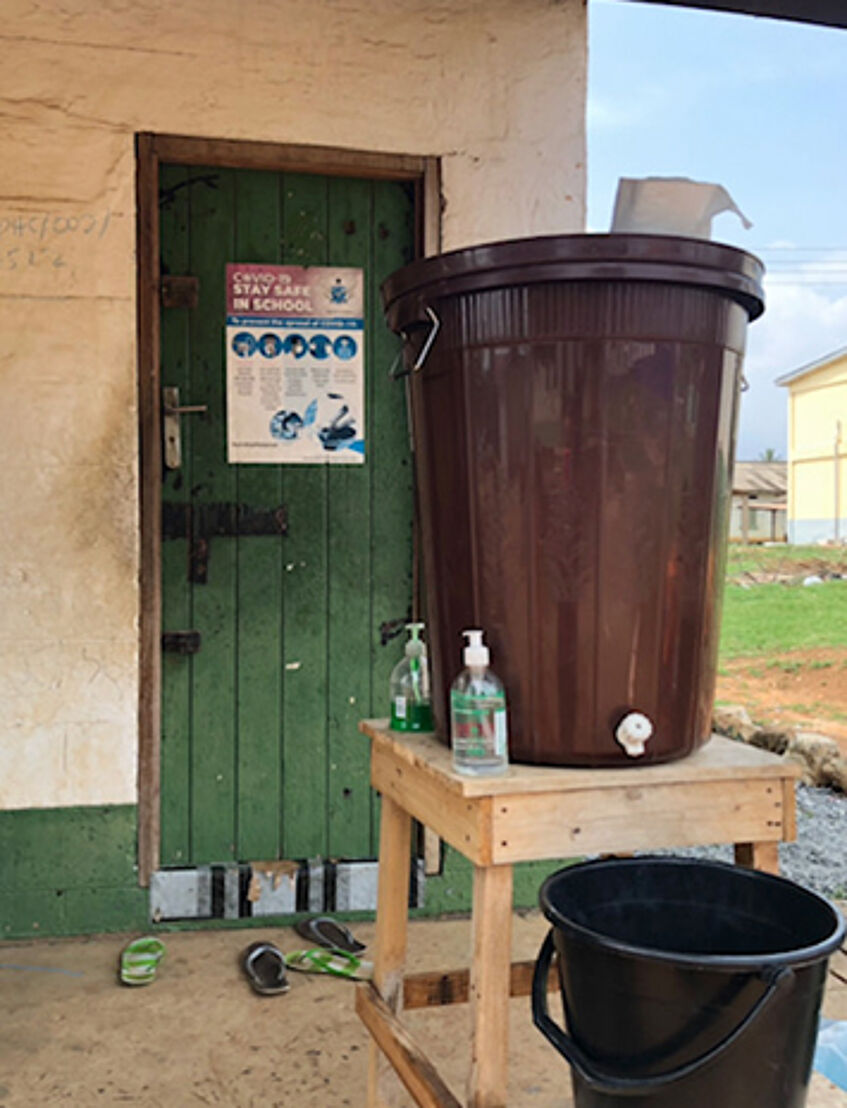The ViDSS Blog
Research during Covid – a report from the field
Doing research during Covid seemed impossible as the global pandemic spread. Pandemic related restrictions had different effects on researchers. While those having returned from the field enjoyed the time to write their thesis, others had to delay their field stay due to travel restrictions. In the continuing months, challenges in the various stages of writing a PhD were discussed in the Social Scienes. Apart from travel restrictions, research possibilities and approaching funding deadlines, also ethical concerns of entering the field during the pandemic and maintaining mental health were matters of concern. Amongst anthropologists following an ethnographic approach changing to digital ethnography seemed to be the common opinion at first. An ethnographic approach requires spending time with interlocutors in their everyday life for a long period of time – a task which contradicts rules of physical distancing. Doing digital ethnography rather pushes interactions with actors into the digital space, that is online meetings, chats and websites. This change in method also entails adapting the research topic and the questions, because not every project is compatible with a digital approach.
My project, like many others, could not have been adapted to a digital framework without changing completely. In my project „Becoming a State Actor: Prison Officer Training in Accra, Ghana“, I focus on the transformation of civilians into state actors during the training to become a prison officer. This means that for the duration of the training of one cohort, I follow the recruits and trainers involved. Understanding how a commitment towards serving the nation is produced during training requires an ethnographic long term research in the Prison Officer Training School. While I saw some of my colleagues trying to change their subject, I held on to my plans to go to Ghana. News of the availability of a vaccine, later it’s availability in Vienna and finally reports of Ghanian Prison Officers getting vaccines continuously reinforced my plan. Although travel restrictions and seemingly unlimited bureaucratic challenges when leaving Vienna delayed my departure, I finally arrived in Accra in mid-July (2021), vaccinated and fully financed.
After being in the field for some months now, I entered the everyday life in Accra. Covid rules are mainly visible through signs demanding "no mask, no access" on the doors of all public buildings as well as the options for hand washing (see image). I rather enjoy the latter, since washing hands frequently was not as accessible during my master’s research on the care of officers in the Juvenile Prison in Ghana in 2018. Nevertheless, pandemic related restrictions mainly pose barriers or limitations. Regarding Prisons, for example, restrictions prohibit researchers and journalists from speaking to inmates. Since my focus is on the training of (becoming) officers, these restrictions do not affect me. After speaking to interlocutors on site, my concern was rather that Covid rules could be used by officials as an excuse to restrict my access to certain spaces. Limiting access to certain spaces and interlocutors is not singular to the pandemic but a rather common barrier in researching hierarchic organisations such as prisons. Instead of viewing Covid restrictions as a limitation of research, they offer usable insight into the everyday workings of institutions and, in my case, the prison system. (30.09.2021, Marlene Persch)

Covid rules and hand washing station in a correctional facility of the Ghana Prisons Service (© Marlene Persch)
